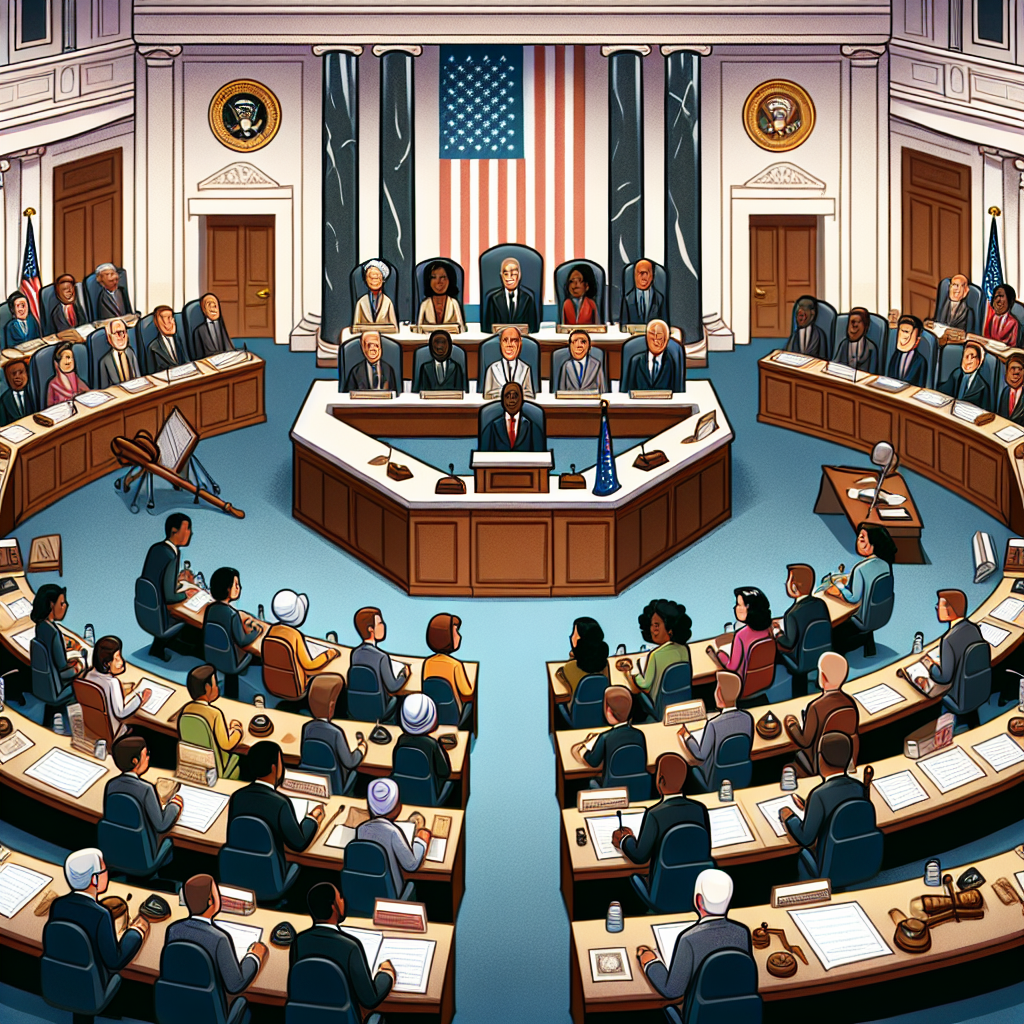High Stakes in House: Trump's Tax Cuts and Internal Republican Divisions
The U.S. House of Representatives faces major internal Republican divisions over extending Trump's 2017 tax cuts. A measure under discussion involves massive spending cuts to offset potential national debt increases, affecting Medicaid and energy programs. Potential economic impacts include a feared recession following tariff impositions.

The U.S. House of Representatives is set to discuss extending President Donald Trump's 2017 tax cuts on Wednesday amidst internal Republican disagreements over spending cuts. House Republicans are pushing for approximately $2 trillion in spending cuts over the next decade, contrasting with the Republican-controlled Senate's recently passed budget.
The proposed measure comes amid economic instability due to new tariffs imposed by Trump, which caused a significant selloff on Wall Street, raising concerns of potential price surges and a possible recession. Achieving a resolution will initiate extensive negotiations between the chambers, anticipated to take months.
This measure seeks not only to extend Trump's tax cuts but also to enforce stricter border controls and eliminate taxes on overtime and tips. However, concerns persist over potential Medicaid and energy program cuts, as well as the looming national debt, prompting debates within the House and involving President Trump in discussions at the White House.
(With inputs from agencies.)










